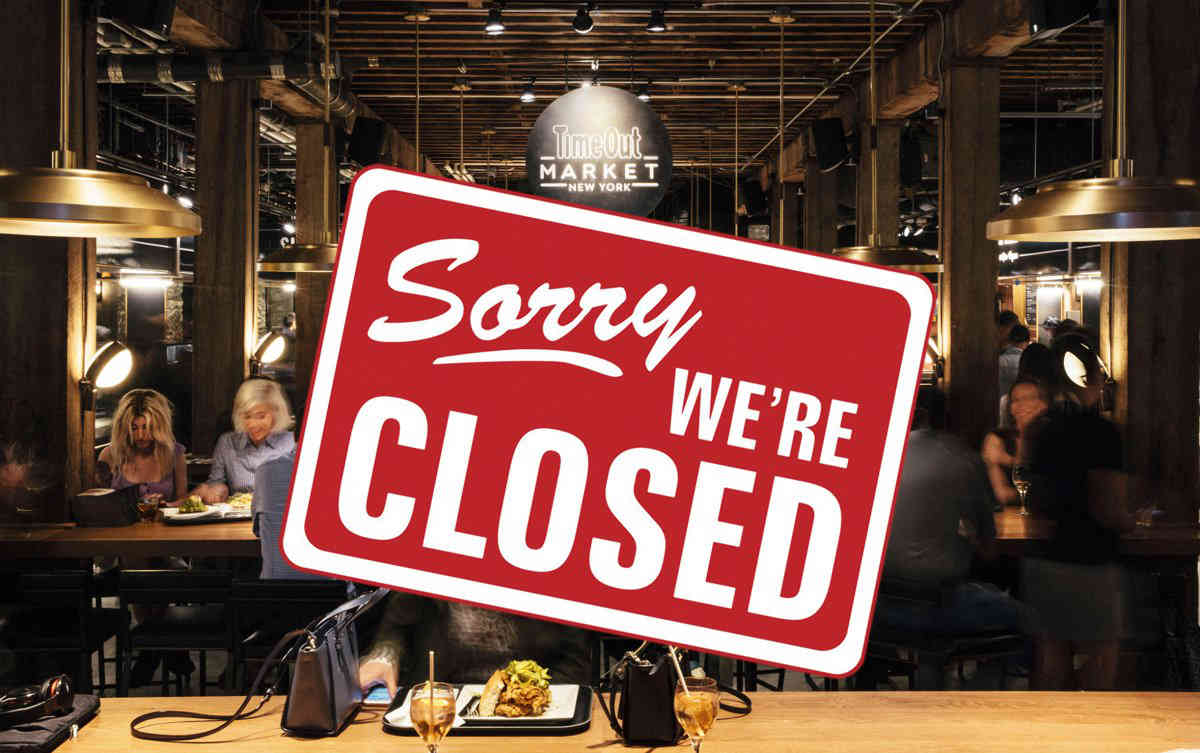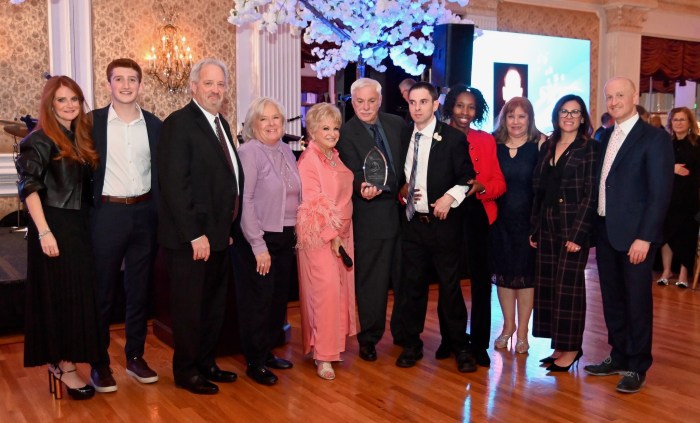BY ROSE ADAMS
While large companies rack up millions of dollars in funds from the federal government’s coronavirus-induced stimulus package, most of Brooklyn’s small businesses have been left out to dry as they battle significant financial losses from the stay-at-home orders, according to a recent study.
At least 84-percent of businesses that applied to the Payment Protection Program have not received any funding, according to the study from the Brooklyn Chamber of Commerce, which surveyed nearly 300 small business owners borough-wide. The number is higher among minority and women businesses owners — 90-percent of whom said they had received no federal assistance as of April 17.
“It’s frustrating on many levels,” said the chamber’s president, Randy Peers.
The Payment Protection Program — which Congress cobbled together in late March to stem significant unemployment — offers loans to small businesses struggling to pay their expenses during the COVID-19 outbreak. The loans from the $349 billion program will be completely forgiven if they are used for payroll costs, interest on mortgages, rent, and utilities.
The program initially seemed like a blessing for small businesses and employees struggling during the COVID-19 outbreak, but a series of bureaucratic shortfalls left needy businesses without aid — and large companies swimming in it.
“The program had a lot of potential, but it fell flat,” Peers said.
One major problem stemmed from the application process, which required business owners to apply through an approved lender or federally-insured institution, such as their bank. However, most banks prioritized the applications of businesses with existing lines of credit, putting many smaller, minority-owned companies at a disadvantage, Peers said.
“It was chaotically rolled out from [the Small Business Administration] to the banks themselves,” he said. “The banks were left to interpret things to the best of their ability, and in some places they went with where there was less risk.”
Communication was other common problem. One business owner, who applied for a Payment Protection Program loan one day after the program was rolled out on April 3, said that her bank did not respond to inquiries about the status of her application.
“By 2 o’clock [on April 4], I submitted the application in its entirety,” said Natasha Amott, who owns a cooking supply store called Whisk in Williamsburg and Cobble Hill. “I never heard back.”
Amott claims that businesses that applied after she did received approval, even though there were no problems with her application — which later mysteriously vanished from the bank’s records after the program’s funding dried up on April 17.
“It took me calling at least 5 times that day … and at the end I was told, ‘There’s no SBA number associated with your loan,’” she said. “At that point, I just felt incredibly upset.”
In addition to the problems within banks, the program’s loose guidelines allowed some larger, publicly-traded companies to apply for loans.
Both Potbelly and Shake Shack each received $10 million — considerably more than the $250,000 loans most businesses got, NPR reported. In response to criticism and public pressure, Shake Shack later announced that it would return their loan.
This week, Congress will likely approve another round of funding for the Payment Protection Program, and Amott hopes that she will receive funding, having established a closer relationship with her bank. But she worries about the hundreds of other businesses without her connections.
“I don’t know how many other people have had that fortune to have that direct contact,” she said. “It took a lot of polite pestering … I don’t know how many other business owners have the same time to keep pushing.”
This story first appeared on brooklynpaper.com.




































